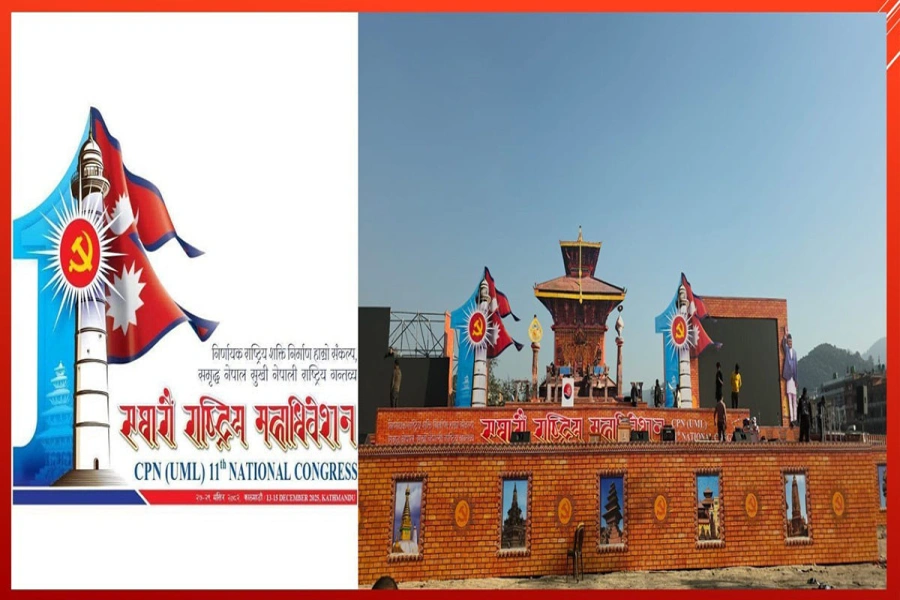It has begun implementation of NTIS by allocating Rs 30 million in the budget for fiscal year 2010/11 to promote tea, coffee, pashmina, carpet, cardamom and silver products. The government will set up a mechanism to facilitate exports of these products by ensuring quality and boosting production. [break]
The government had unveiled NTIS to promote 17 commodities and seven services having high export potentials. Of the 12 commodities, cardamom, ginger, honey, lentils, tea, noodles and medicinal essential oil have been put under agriculture and food category, while handmade paper, silver jewelry, iron products, pashmina and wool products have been categorized as craft and industrial goods.
Tourism, labor service, IT, health service, education, engineering and hydropower have been recognized as service sectors having high export potentials.
“With the initial budget of Rs 30 million, we are focusing on promotion of silver products, tea, coffee, black cardamom and pashmina on the first phase of the implementation of NTIS,” Chandra Kumar Ghimire, joint secretary at the Ministry of Commerce and Supplies, told Republica on Sunday.
Though the government has already registered the collective trademarks for tea and coffee, the process of distributing the trademark and their promotion in international market has yet to begin due to cold response from the exporters.
“We have received a budget of Rs 5 million to register the collective trademarks in international markets,” Ghimire said.
Of the NTIS budget allocated for the current fiscal year, the government is preparing to acquire a van with refrigeration facility at the cost of Rs 6.5 million for Nepal Transport and Go-down Management Ltd to facilitate the delivery of perishable goods.
The government is also planning to establish a plant at the cost of Rs 6.3 million to control the quality of wools to be used in exportable pashmina products and carpets.
Amid growing concern by European countries over the mixture of cadmium -- a hazardous industrial chemical in Nepali silver products, the government has allocated Rs 6 million to establish a laboratory to be operated by a joint mechanism of Nepal Bureau of Standard and Metrology (NBSM), Trade and Export Promotion Centre (TEPC) and Federation of Handicrafts Associations of Nepal (FHAN) to ensure that hazardous chemicals are not used in exportable commodities.
“The plant will help us in assuring our importers of the quality of our silver products. The joint mechanism will also ensure hassle free entry of Nepali products in overseas markets,” Ghimire added.
“We are formulating the technical, institutional and financial modalities for the laboratory at NBSM, which will be operated under the joint participation of the government and the private sector.”
The process of distributing trademark of Nepali pashmina products to exporters has already begun with the registration of ´Chyangra Pashmina´ trademark at the Department of Industry three months ago.
“We are also preparing to register a collective trademark for Nepali carpet as well with the involvement of carpet producers and exporters to protect identity of Nepali hand-knotted carpet,” said Ghimire.
In a bid to boost the export of black cardamom, the government has allocated around Rs 5.5 million to increase production of black cardamom and distribute necessary equipments to farmers in Ilam district -- the largest black cardamom producer in the country.
The major objectives of NTIS 2010 are to ensure comfortable market entry for Nepali export commodities, develop local support institutions to provide a friendly business climate and strengthen the supply capacity of exporters, among others.
prabhakarji@gmail.com
Govt launches NTIS 2016



































-1765616104.webp)